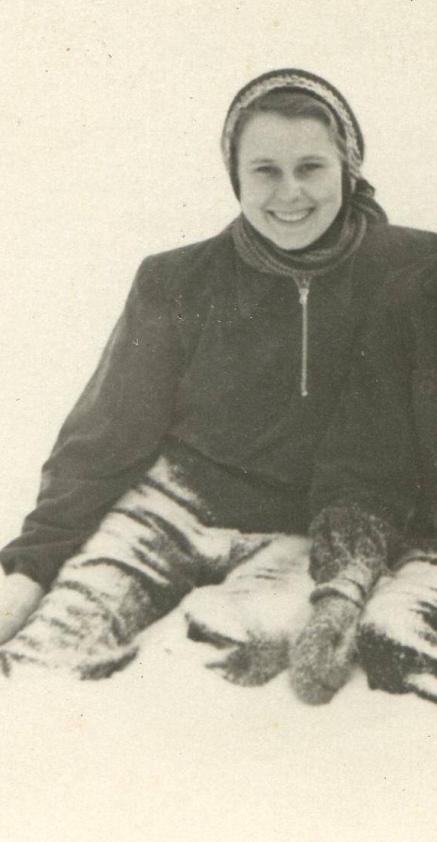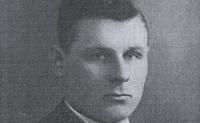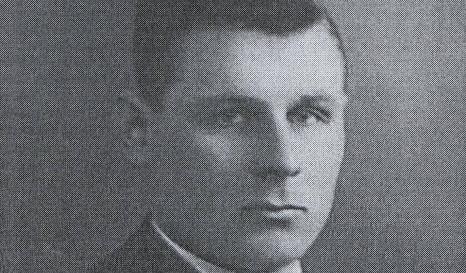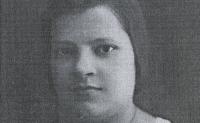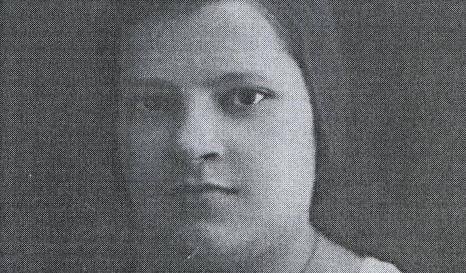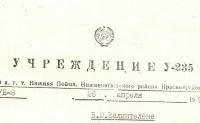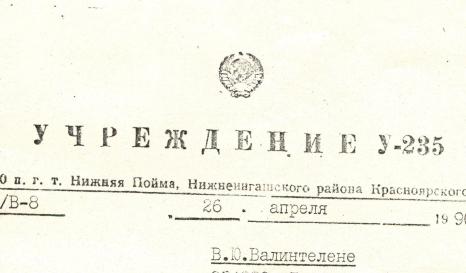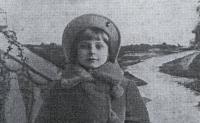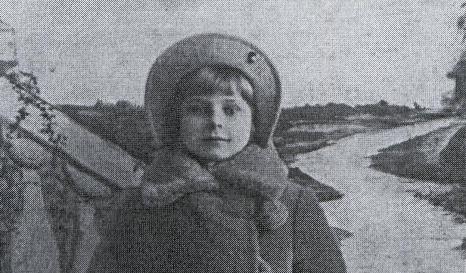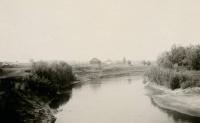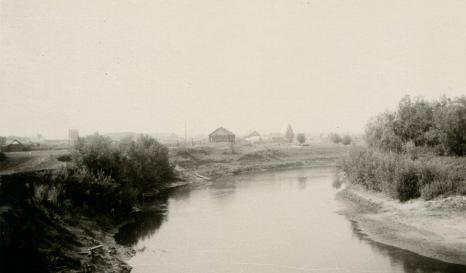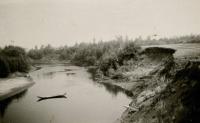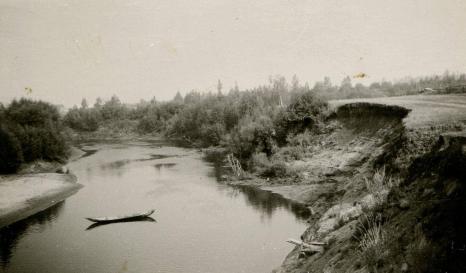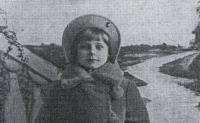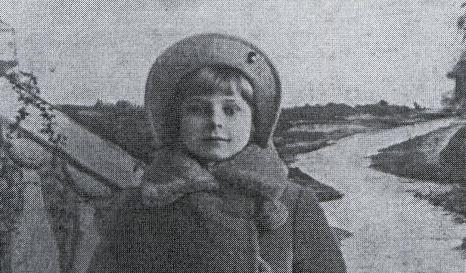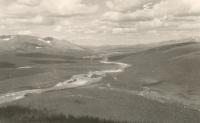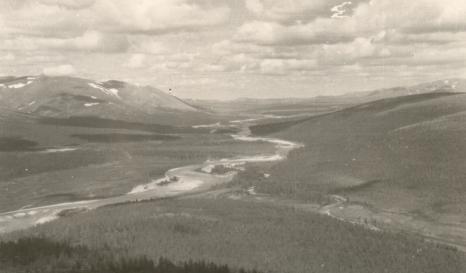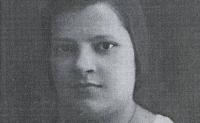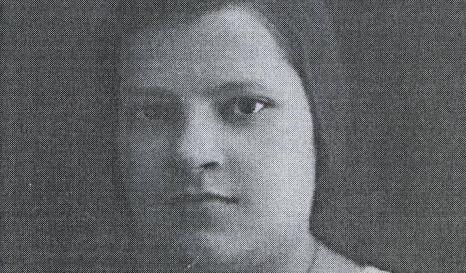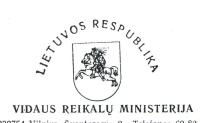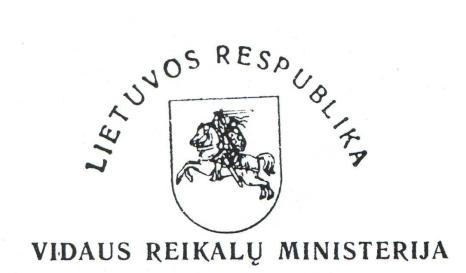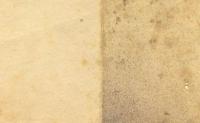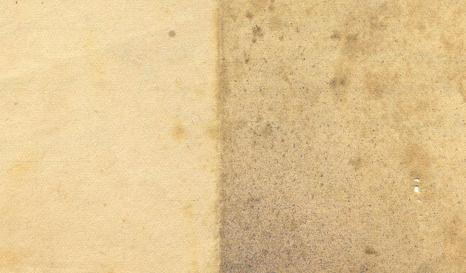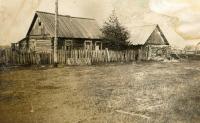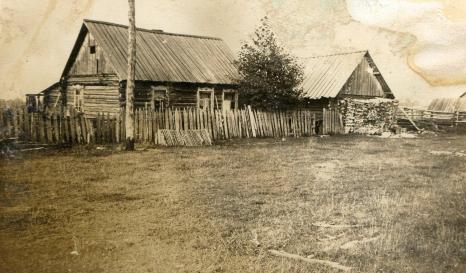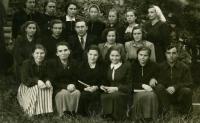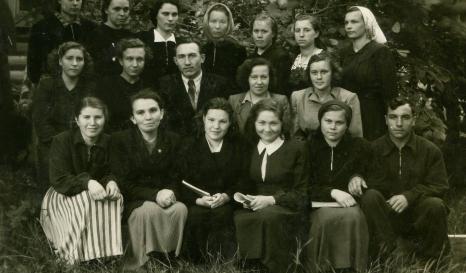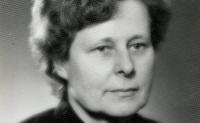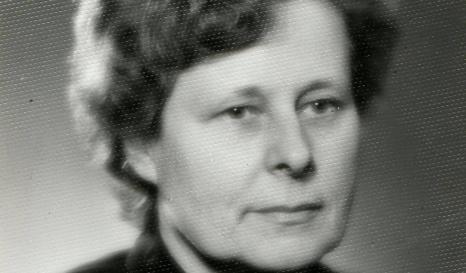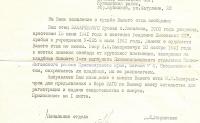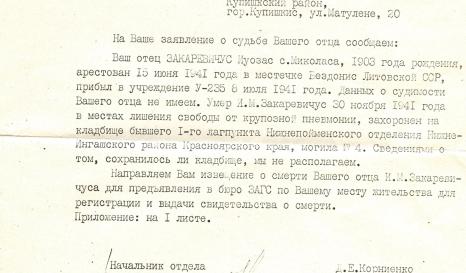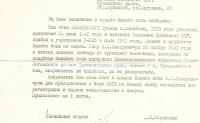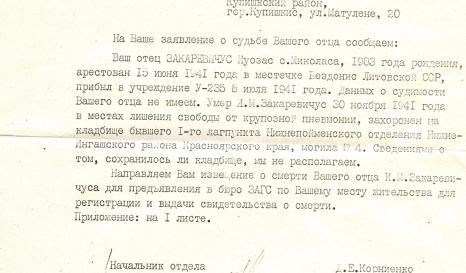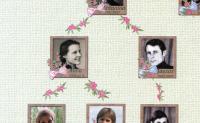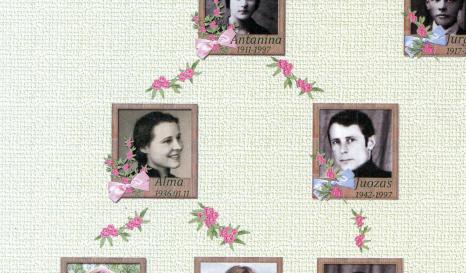BioGraphy
Alma ZAKAREVIČIŪTĖ - VALINTELIENĖ
Alma Zakarevičiūtė was born in a peasant family in 1936, near Vilnius. Her father was arrested on 15 June 1941. She and her mother were taken to Novosibirsk, then took boats on the Ob and Parbig rivers to the village of Krylovka and finally to the village of Sobolinka, where they arrived on 15 July 1941.
In 1942, her mother gave birth to a son, and the family moved to Krylovka. She received a letter from an acquaintance of her husband's, informing her that he had died. In 1947, Alma and her brother returned illegaly to Lithuania. They lived with their grandparents, and helped them farm the land. Alma started school.
Five years later, her wrote from Siberia, advising her to return to avoid being arrested and deported again. Alma Zakarevičiūtė, returned to Krylovka in 1953, shortly after Stalin's death. She finished their school and obtained permission to train as a teacher in Kolpashevo.
After graduating, she returned to Lithuania, where she taught Russian for 45 years. Her mother joined her there in 1967. In the 1990s, after the opening of the archives, she tried to retrace the last months of her father's life. According to official sources, he died of pneumonia on 30 November 1941.
At the time of the interview, Alma Zakarevičiūtė - Valintelienė was still living in Lithuania, north of Vilnius.
The interview with Alma Zakarevičiūtė - Valintelienė was conducted in 2010 by Marta Craveri.


